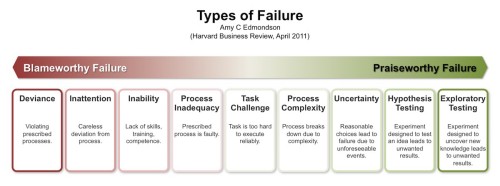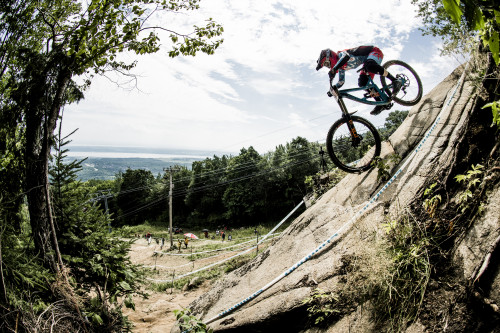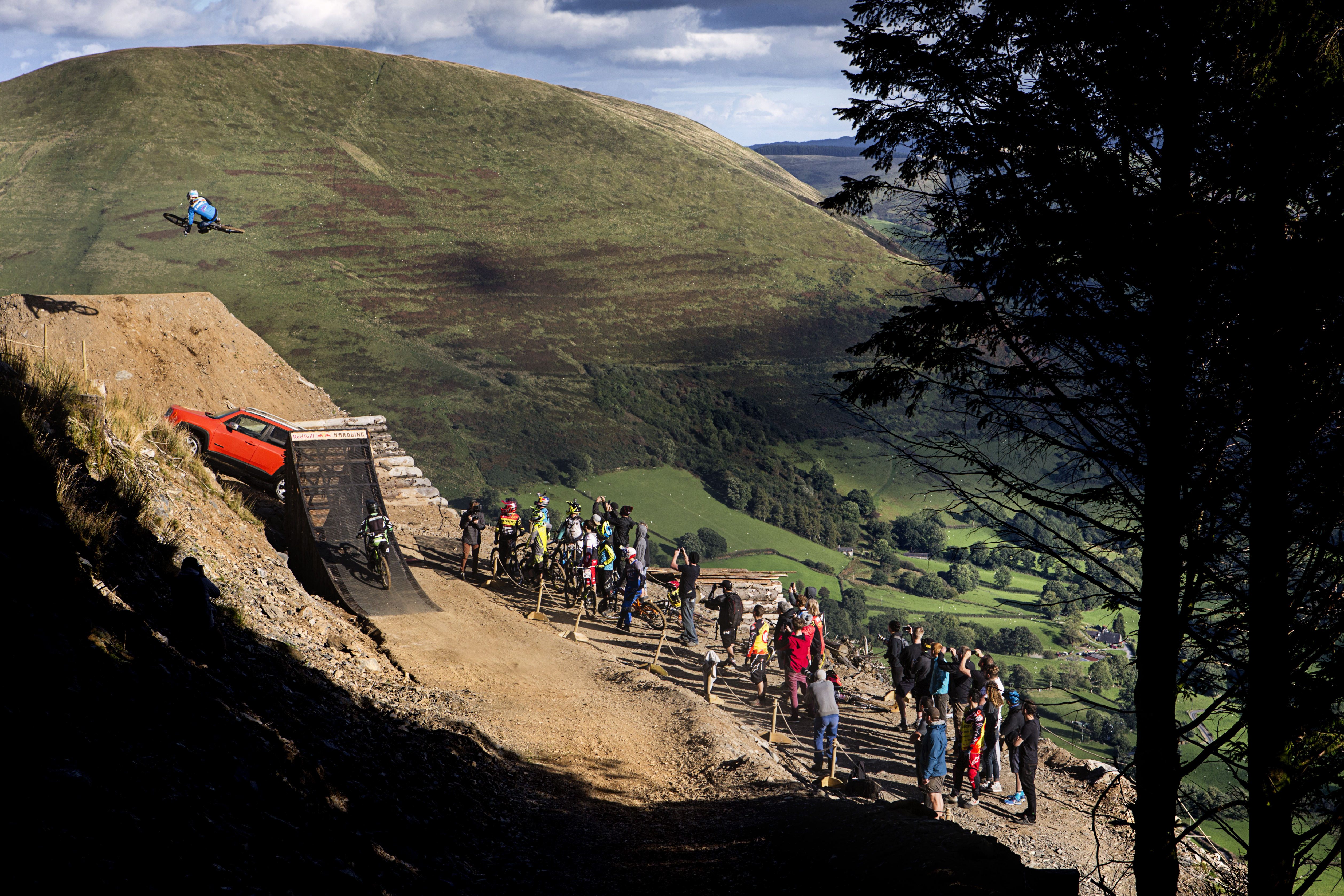The reason for penning this piece is the problems that come from the ever present thinking in “society” that athletes and sports performers are, or at least should be, machines. A coach and/or scientist “engineer” the perfect performance. Guaranteeing race or competition day success through perfect planning, a blueprint, followed to the tee with marginal gainzzz (always 3 Z’s) included. This notion of the human-machine has led us to a point where error and failure are seen as one in the same and that big F, failure is shameful.
For the athlete this idea is so prevalent in most areas of society that it seeps into their consciousness, they deem, without much thought, that anything other than success is a failure and worse yet that failure is to be avoided (at any cost); as yes, it’s shameful, hurtful and always avoidable! Where does this leave the athlete? Anxious, scared and more worried about avoidance of shame than exploring the outer reaches of their current potential!

The failure to deal with failures correctly and the tendency to categorise anything but an outcome exceeding expectation as failure gives the athlete, emotional baggage they may carry, not only to competitions, but also to training and in life generally. I have seen a marked HRV response of pretty impressive amplitude in an Elite MTBer following a results that the athlete deemed as a competitive failure! This baggage can often manifest itself as self-pity, lamenting past error and bad decisions that led to failure. The same baggage can hold fears, fear of the future, fear of similar situations that lead to “failures”, regrets and dwindling self-efficacy! Leading to lower adherence to consistent training, lower motor-output in a given session, lower…well, everything potentially. So the only way to deal with failure successful and use it as a potent fuel for competitive fire is to change what the word means. Change athlete & coach mindsets, change how your discussions are carried out and change everything from goal-setting to decision making skills & training. Error may be seen as volitional by many, but when the coach and athlete realise that both error and failure can come from such differing sources, the volitional nature of error and failure can almost always be questioned and as a result the learning we do and improvements we can make from understanding & embracing failure are monstrous!
Categories of Failure
I’ve spoken at length with many other coaches and even presented to other coaches the perils of the “categorisation” syndrome in the physical preparation of athletes. Everything has a box it fits in, bio-motor abilities can be isolated for maximum “overload” and bang, thrown together for optimal performance. Well we all know that’s not so; but regardless there are times when simple categorisation helps deliver much needed clarity in a situation. Allowing us to build a framework of sorts within which we can start to dig deeper into the relationships between actions, decisions, error and ultimate failures!
Professor Amy C. Edmondson at the Harvard Business School has a beautiful spectrum of failure that works very well for the athlete and coach.

From Blameworthy to Praiseworthy – understanding the deeper consequences and potential necessity for failure can free the athletes and coaches minds. Free to make better decisions in the future; racing, athlete preparation and training are all quite complex, unknowns have large effects. Small factors can ripple through the “system” with such ferocity and magnitude that everyone from spectators to parents are stunned. Think of the tiny pebble, perfectly placed at random that leads to the front end wash-out as a rider is 100m away from the finish line with World Cup #1 spot all but wrapped up.
This, sometimes knife-edge, complexity clearly lays out the necessity for all involved in sporting performance to accept and embrace the correct “type” of failure and work very hard in making sure “blameworthy” failures do not become habit.
For example, an athlete testing a radically different suspension setup crashes, breaking some fingers and side-lining themselves for 4 weeks! They can still train to an extent but can not compete or train in their sport. Is it a failure? Chance? Circumstance? If some digging isn’t done then the outcome (snapped metacarpals) may be seen as avoidable failure…leading to regret and avoidance strategies, meaning the athlete will never test such a radical set-up again, or worse never test full stop; sticking to what they know and stagnating in “middle-ground” for the remainder of their career!
Crack open the lid on the situation however and we can pull some useful understanding from the outcome and causes and use it to make everyone better. The set-up was radical, but did the mechanic build the shock correctly? The athlete…? They felt pretty uncomfortable pretty much straight away, no confidence i the front end, a lot less grip etc… but he continued to push, choosing a gnarly section of track to hammer a bit harder…leading to some fucked fingers. Ultimately we found out that the rider and mechanic tried a fork and shock change at the same time (process inadequacy), the fork was a lot stiffer and the rider hadn’t gotten any heavier or stronger over the off-season (coaching error?), the rider choose to push on regardless, but it was the 3rd run on this set-up (so the Task challenge was deemed feasible), but due to the complexity of the situation the unknowns came into play and Boom, injury. The rider gave feedback to the mechanic and they came to a hypothesis together; tried it and it failed. Praiseworthy blame? Well it may have been but the mechanic, it turns out, forgot some lock tight and a once function rear suspension unit fell to pieces under some big loads on track. Inattention! Blameworthy failure.
Some fast and frugal analysis means the rider will be happy to test again, the coach may re-address the medium term strength training plan and the mechanic may build himself a new check-list or change his processes!? Failure has consequences, but they should never be feared, only embraced.
Culture is a buzzword in the coaching domain these days, are rightly so, it defines much of what we do each they, it’s the framework with which nations accept actions as habits, it drives the decisions hastily made and when it comes to failures the macro and micro cultures we are in need to accept and learn from them. A Learning culture, primed and ready to analysis, categorise failure and connect the dots (the relationships) between actions, decision making, error and failure!
While macro culture is often much bigger than the coach and athlete, micro is moldable. So whether it’s simply your personal performance culture as an athlete or the team culture you help shape each day as a coach. You can make changes and make sure failures of the praiseworthy type are embraced and the blameworthy type are learned from. The domain you practice in will decide to what level failure can be embraced…failure tolerance if you will, or even failure periodisation!
A factory manufacturing stents for the heart muscle can’t just go exploring a new material out of the blue, as failure in their domain may lead to certain death. But the MTBer wanting to try 5 psi lower tyre pressure or 5 weeks of interval training only can hypothesis and explore. In the complex world of sports performance sometimes exploring the outer reaches of what is currently deemed possible or acceptable will lead to new and radical results or total failure. both as they come leads to progress, as long as all involved are mindful of how we got there and where we wish to go with performance (a good argument for monitoring, feedback regularity and exceptional relationships between all members of the athlete’s team)

Error leads to…?
Growing up in “western” education errors are punished. Perfect technique when kicking a football during “practice”, crisp handwriting, joined for added difficulty in execution! Exploring the grippiness and friction co-efficient of a skateboard filled with school mates? Many errors, volitional or otherwise are punished in most cultures. In a sporting context, specifically bike racing the athlete who puncishes themselves for an error is often committing suicide, doubling the effect of what singularly may have been harmless!
A hallmark of sporting excellence is the athlete who commits a seemingly fatal error but regroups and succeeds. Whether it is the player missing a conversion in rugby, the ski racer sliding on their hip for a second, or the DH racer, who pummels that left hand berm so hard the eject off line…errors build legend, but are avoidable. The are avoided in competition by embracing them as micro learning experiences in training. Without them, the unknowns of competition will destroy an athlete. Errors may be avoided or reduced under pressure, but they are not something that can be totally removed. It’s only through building training environments that embrace the possibility of failure or even are designed with creating a more demanding or likely failure inducing environment that errors that lead to poor performance or lessened outcome can be produced, understood, overcome and ultimately become the norm, so under competition pressure they are seen as mere variability!
An error priming environment can only be created when past failures AND successes are dissected and understood. Bringing us full circle to the relationships between errors, failures, analysis and training. Understand the failure, embrace it as a learning tool, but make changes in training to unearth, test and delve into root causes whether they are errors or decisions. Training to push the outer reaches of your current specificity will lead to better competition outcomes; exactly what we are all here for!
I’ll yap on further about Decision Making in another blog; but take what you want from the above. The core point being if you currently aren’t in the business of embracing, accepting but learning from and making changes because of your failures as a coach or athlete then you’re setting yourself up for more of the same, failures (likely blameworthy), a shift in thinking, culture and mindset maybe needed, A whole new paradigm for you or your team.
In a complex world, like MTB racing or sports in general, failures happen, many are unavoidable, some are very useful but the one thing they all have in common is they can be learned from and used as a step to new heights of sporting excellence.
A cycle of blame, self pity and continued failure awaits those who aren’t prepared to grab all the failures they create or experience by the neck and simply learn.

